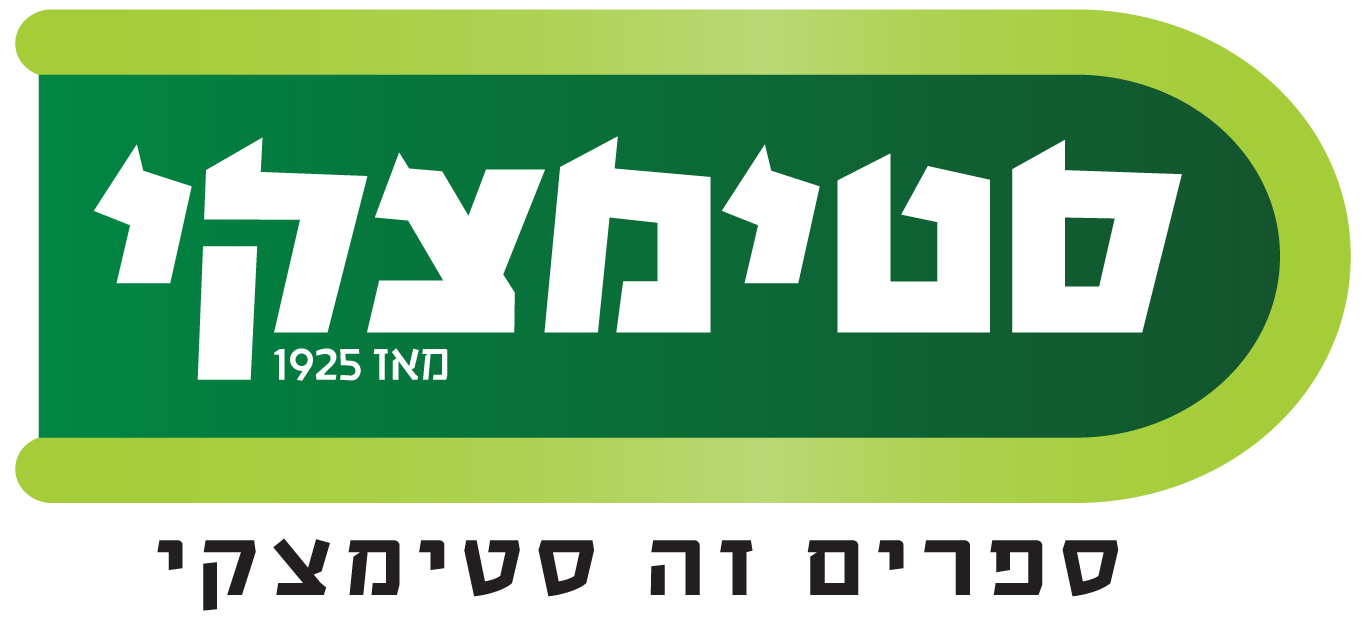Chapter 1
The SCP Fund and the Years Following Geotek
In 1998 I left Geotek, the wireless communications company I had established in 1991. The company, which had employed 1,200 people and had a sales turnover of approx. 150 million dollars a year, was in bad financial shape. A few months after I left and due to its dire financial situation, the company entered a process of what is called Chapter 11 of the United States Bankruptcy Code, allowing the bankruptcy process to be conducted in an organized manner. There had been great hope for Geotek in the field of wireless communications, and at its peak the company’s value had surpassed the billion-dollar line in the NASDAQ stock market. However, the downfall of Geotek resulted in the loss of millions of dollars of investors’ money, which left me not only millions of dollars in debt but mainly with lessons to be learned and insights into life. In May 1998, the day after I had no choice but to quit Geotek, I established Selway Capital which to date, over 20 years later, remains my management company. Initially the company had few resources, subsisting off management fees from two or three small sources, and was built up as a small incubator for new technology companies in which I was either an entrepreneur or a partner of one. This is how, at the beginning of our journey, we established four new companies that looked good on paper, and which started to grow and develop between 1999-2001, at the height of the dot-com bubble. Fortunately for me, my companies remained interesting and relevant even when the bubble weakened. During the Geotek period somewhere in the early 90’s, I relocated to New Jersey. Geotek’s offices were in Montville, north New Jersey, not far from New York. When I established Selway in 1999, I began to work independently; I rented a small office with a team of three to four employees, who moved with me a few times from place to place. For years we used the offices of DVTEL, a major company in my small portfolio. We then moved again, to other offices in Englewood, New Jersey, a few minutes’ drive from my house, while the rest of my team was living in Manhattan. It would literally take me a few minutes to arrive at the office. As they commuted against the flow of traffic, they didn’t suffer too much from the traffic jams coming in and out of Manhattan. Nonetheless, I promised them that the present set-up was temporary, and that the day would come when we moved to the big city. In 2002, three years after founding Selway, I received a proposition from SCP Partners, an American fund located in Pennsylvania. This was a half-billion dollar fund, managed by an entrepreneur and investor named Win Churchill. He had been involved in Geotek at the beginning, and we had therefore become friends. Churchill, a well-known figure in the world of investments, had a great reputation and many contacts. He acted as Chairperson of the Teachers’ Pension Fund in Pennsylvania for a time – a fund that managed approx. 30 billion dollars. Churchill, who was held in high esteem, also sat on the boards of many private and public companies. During that time of the Internet bubble’s burst, SCP saw me as a solution to some of the challenges they were facing. The fund, in all its exclusivity, invited me to be a fourth partner, without having to invest any money. At first I thought it strange. The money had already been raised, and some of it had already been invested, so I could not understand why they would give anyone a piece of their shares without having them reach into their own pockets. However, I later realized that it was Churchill, the company’s primary and dominant partner, who had faith in me bringing about a change in the fund. Being previously acquainted with me, he believed that I could bring out-of-the-box thinking to the fund, along with a technological focus and exposure to the Israeli hi-tech industry, and a little Israeli aggression. Churchill thought that the fund was sleepy, and hoped I would add a little color and rhythm to its activities. In retrospect, I admit I didn’t live up to those expectations, though I did do quite a bit for the fund under extant conditions. Most of my activity for the fund involved companies that had been established in my incubator, notably two: the first was DVTEL – an intriguing company that dealt with the field of video security. This company had a large Israeli base, and was sold in 2015 for about 100 million dollars, though in my opinion it had greater potential. The same year I received the offer from the fund (2002), Ehud Barak lost an election and was beginning to explore options in the business world. I invited him to join us in the fund and help as a strategic partner. We arranged for him to visit the fund’s offices. As a former Prime Minister, Ehud Barak received an escort convoy from the New Jersey Police when arriving at Newark, which included a federal car. The convoy of cars drove like crazy on the way to the Pennsylvania offices, as I drove behind them in my own car. Suddenly the convoy stopped on the side of the road, near a side neighborhood in Pennsylvania. It turned out the Secret Service had gotten lost on the way, and did not know where to continue on. I got out of my car and told the Secret Service that they were going the wrong way and that they should follow me. However, they were unwilling to listen and continued on, driving fast with their sirens blaring, not knowing where to go. At some point, one of the sirens blew off the roof of a car. Eventually we arrived, but it took us three hours instead of two. We were in Pennsylvania for a few hours, instigating the beginning of a relationship with Barak that would help us raise more money down the line. My partners got to know Ehud, and there was good chemistry and great interactions between them. He served as a consultant for the fund for quite a while, until 2007 when he was appointed Defense Minister in the Olmert government. Another investment I did for the fund involved the field of education. Towards the end of the dot-com bubble, we established a company from the ground up, within the Selway incubator, that dealt with preparing people for crucial, standard exams (GMAT, TOEFL, SAT). The company’s website was rich in content, and written by experts in the different fields the exams were based on. The expert system we developed would ask the examinees a few questions and, per their answers, would build relevant curriculums for the exam. We sold it as an online service. It was amazing and innovative, and pretty soon the venture turned into a business worth several million dollars. However, I learned that in the United States an amazing idea is not enough. One needs to understand where the money is and who’s behind it. In America education is local, at the State level, and that’s where the money is. It’s difficult to sell to students privately, because most parents don’t want to or can’t pay for education out of their own pocket, and thus it is up to the State. To increase market penetration, we bought a company from Mobile, Alabama, owned by two people, one of whom was Jewish, belonging to one of the few Jewish families living there. The merged company was sold successfully in mid-2015. Above and beyond these investments, we had a few less successful ones – the worst having a connection to Israel. It was a company called Xvionics, established in Israel during that same period by a group of ex-Air Force pilots. They received approval from the Israeli government to take technology developed to manage squadrons for the Israeli Air Force, and to develop it for sale worldwide (probably because the Air Force had a different, more advanced solution). The company raised money and built a nice platform for task management, risk management and maintenance. The company collected data and, in addition to logistics management, was able to team pilots up for flights, put together pilot profiles for missions, and could find (for example) pilots skilled at flying in rainy weather, as well as the ideal combination of pilots for each flight. These were examples of risk management models. The company was very intriguing, and we invested 15 million dollars for market penetration into America. The company recruited General Alexander Haig, who had served as Secretary of State under President Ronald Reagan, and had been Commander of European NATO forces beforehand. He was appointed Chairperson, in itself a show of good faith as to the company’s serious intentions. Surprising all involved, the company managed to penetrate the field of drones in America and sold three systems to the Marines’ drone formation, where they were used mainly for logistics management and managing missions in real-time. However, even though the systems were installed and worked successfully, they were not sufficient. When the American Air Force, the main consumer of the systems, decided not to use the technology, we were forced to sell the company to Lockheed Martin for one or two million dollars. This was a huge write-off, and even with initial interest, the company unfortunately did not succeed!















































קוראים כותבים
אין עדיין חוות דעת.